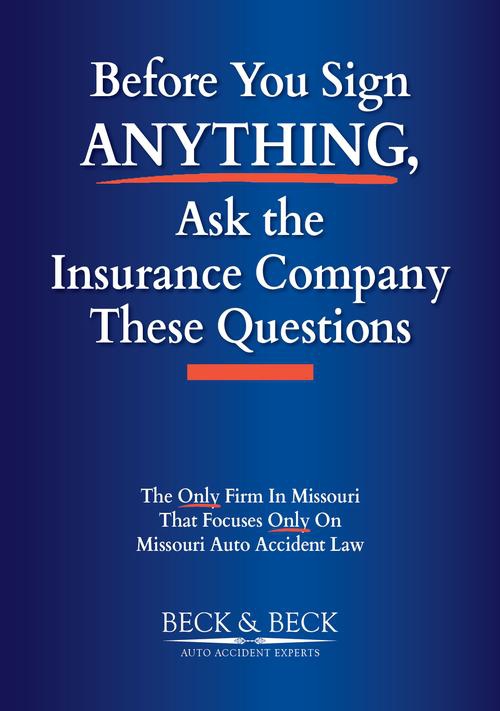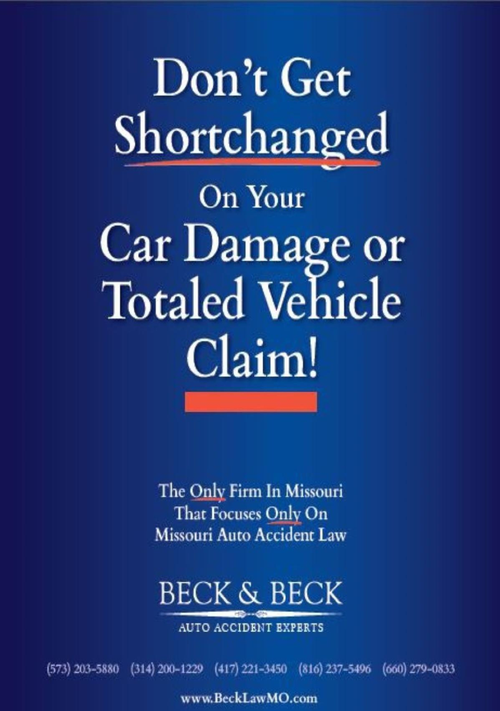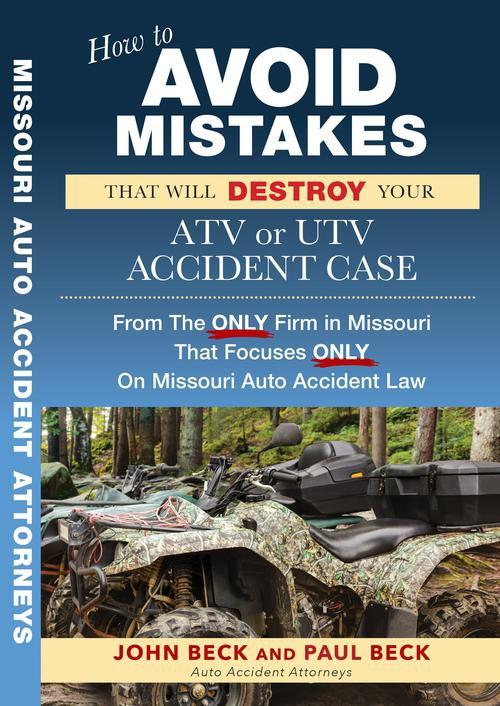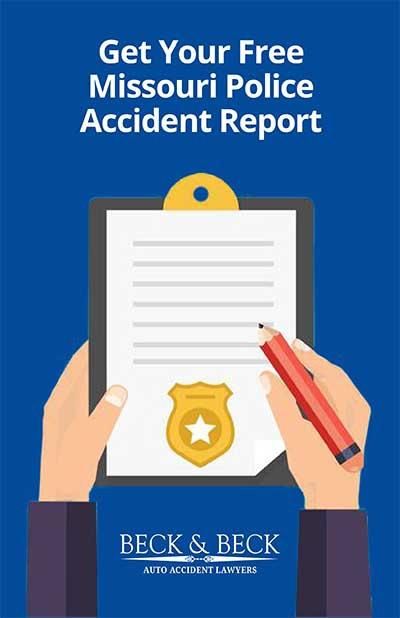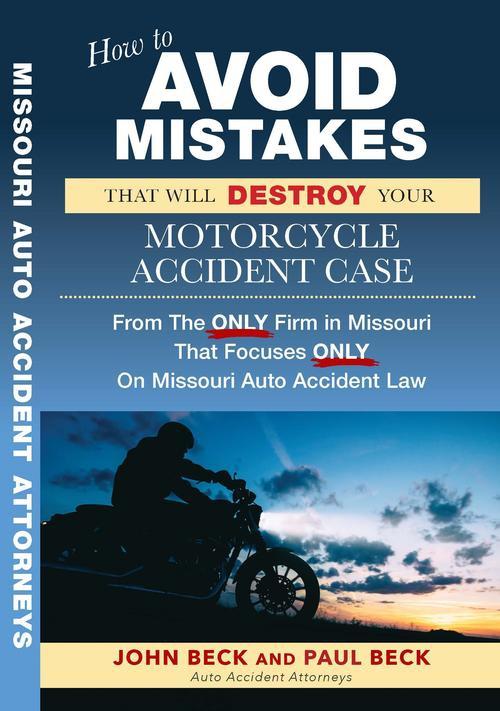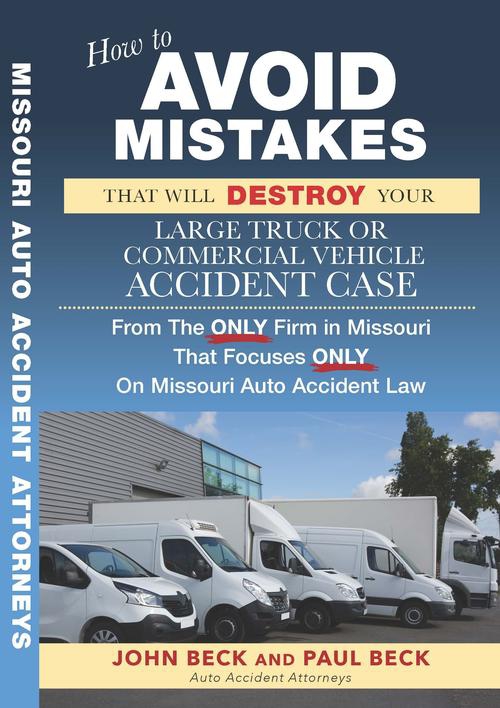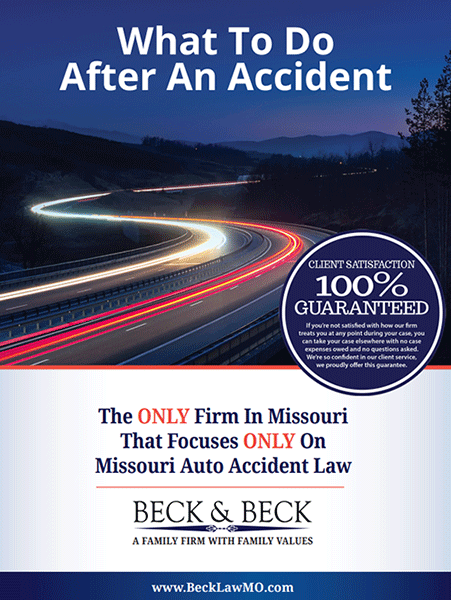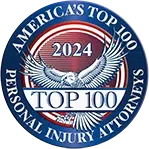Post-traumatic stress disorder (PTSD) emerges as a mental health issue when someone experiences a traumatic event that involves a serious injury or the threat of death. It changes your thought processes and emotional responses to daily life situations.
Research findings indicate that between 2.5 million and 7 million Americans experience PTSD because of their involvement in motor vehicle accidents. Car accidents stand as a primary PTSD trigger, while numerous individuals fail to identify their symptoms as a legitimate medical condition, but PTSD symptoms cannot be ignored by simply trying to “shake it off.”
The condition functions as a genuine mental health issue, which affects your work performance, relationship quality and general well-being.
Common Symptoms of PTSD After a Car Crash
The terror of car accidents can extend beyond the crash itself for certain individuals who continue to experience trauma afterwards. Here are the most common symptoms of PTSD after a car accident in Missouri:
1. Flashbacks and Intrusive Memories
A defining symptom of PTSD involves experiencing mental replays of the accident. These flashbacks create vivid experiences which make you feel as if you are reliving the crash. Specific triggers such as sounds, smells, and driving past where the crash occurred often bring these memories rushing back.
2. Avoiding Thoughts or Conversations About the Crash
People who experience PTSD often refrain from discussing or thinking about their accident experience. When you switch topics to avoid reminders or shut down emotionally about certain discussions it could indicate trauma-related avoidance.
3. Fear of Driving or Riding in a Car
Experiencing a traumatic crash typically leads to feelings of discomfort when riding in vehicles. If you avoid driving or even being a passenger—or if you take longer routes to avoid the accident site—you may be experiencing PTSD-related avoidance behaviors.
4. Trouble Sleeping and Nightmares
PTSD often disrupts sleep. Sleep disturbances may manifest as difficulties in falling asleep or maintaining sleep and nightmares related to the crash event accompanied by morning anxiety. Some people even avoid sleeping altogether to escape distressing dreams.
5. Difficulty Concentrating
If you feel easily distracted, forgetful, or unable to focus, PTSD could be affecting your cognitive function. That’s because the condition affects brain regions that control attention and emotions, which results in a decreased ability to focus during work tasks and conversations
6. Increased Startle Response and Hypervigilance
It might be a sign that you are suffering from PTSD if you feel restless and become more sensitive to your surroundings. This condition triggers increased alertness that leads to exaggerated reactions to unexpected sounds, movements or even harmless situations.
7. Irritability and Mood Swings
PTSD keeps you trapped in a fight-or-flight state which makes you feel easily irritated or angry. You might snap at loved ones, feel tense all the time, or have mood swings where you go from calm to upset in an instant.
8. Emotional Numbness, Depression or Anxiety
People with this condition can feel detached from their surroundings and lose interest in activities they previously found enjoyable. You might experience feelings of apathy towards everything and find yourself dealing with sadness or guilt that leads to hopelessness.
Sudden racing heartbeats along with difficulty breathing, sweating and intense fear episodes might be panic attacks that result from PTSD. Anxiety may also manifest as constant worry or feeling on edge throughout the day.
9. Self-Isolation, Guilt and Self-Blame
People with PTSD frequently distance themselves from their family members and friends. If you find yourself avoiding social events, ignoring calls, or preferring to be alone, this could be a sign that you’re struggling with the emotional toll of the accident.
Despite the crash being someone else’s fault you may repeatedly go over the incident in your mind and blame yourself for failing to stop it. You may experience overpowering guilt which lacks any logical basis.
10. Suicidal Thoughts or Self-Harm
People experiencing severe PTSD often develop thoughts about self-harm and suicide. Seek immediate help by calling 988, the Suicide & Crisis Lifeline, if you ever experience this way of feeling since it offers confidential support.
If you’re experiencing several of these symptoms, you don’t have to suffer in silence. PTSD is treatable, and seeking help from a doctor, therapist, or support group can make a huge difference in your recovery.
Factors That Contribute to PTSD After a Car Wreck
When a crash occurs suddenly, it can overwhelm the brain, which then struggles to process the traumatic experience. Unlike gradual stress, a car accident happens instantly, leaving no time to prepare emotionally. The more severe the crash, the higher the risk of PTSD, especially if serious injuries occurred or the accident resulted in a fatality.
Fear of death or harm during the accident can linger, causing nightmares, flashbacks, and anxiety. Witnessing others get hurt or die can be just as traumatic, leading to emotional distress, even if the person wasn’t physically injured.
Loss of control is another major factor. The belief that driving is safe gets destroyed when a crash occurs suddenly which leaves people feeling helpless. People might develop chronic anxiety that affects them when they drive or are near traffic due to these traumatic experiences.
PTSD becomes more severe when survivors experience grief and survivor’s guilt after losing someone close to them. Individuals with pre-existing mental health problems, prior traumatic experiences, and insufficient social support also face increased risks.
Knowledgeable Auto Accident Attorneys in Missouri
At Beck & Beck Missouri Car Accident Lawyers, we understand how devastating a car accident can be. Whether you’ve suffered serious injuries, lost a loved one, or are struggling with the emotional aftermath, you shouldn’t have to face it alone. Our experienced Missouri car accident attorneys are here to help you face the legal process and fight for the compensation you deserve.
We build solid cases to ensure fair settlements from insurance companies who try to minimize claims and we are prepared to defend your case in court when necessary. Beyond legal help, we offer compassionate support. Contact us today for a free consultation.

